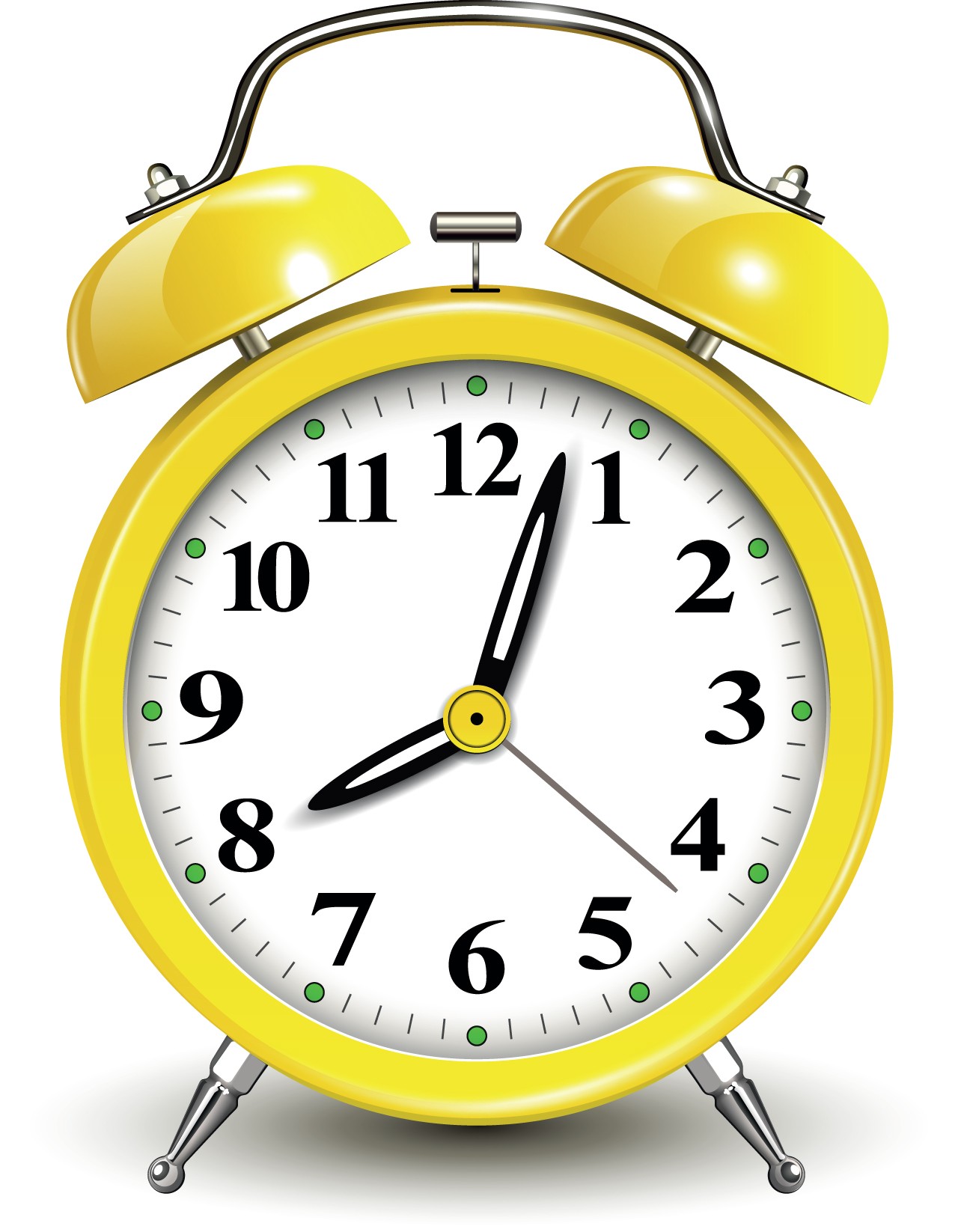We’ve all been late to work — but some make tardiness more of a habit than others. According to a new CareerBuilder survey, when asked how often they come in late to work, 1 in 4 workers (25 percent) admitted they do it at least once a month — down from 29 percent last year — and more than 1 in 10 (12 percent) say it’s a weekly occurrence for them.
Broken down by age, 38 percent of those ages 18-34 are late at least once a month, compared to 36 percent of those 35-44 and 14 percent of those 45 and older. By region, 30 percent of workers from the West are late at least once a month, compared to only 26 percent in the Northeast, 25 percent in the South and 23 percent in the Midwest.
More than 1,000 hiring and human resource managers (of which, 888 are in the private sector) and more than 800 workers in the private sector across industries participated in the nationwide survey, conducted online by The Harris Poll from November 28 and December 20, 2017.
Strangest Employee Excuses for Being Late
It happens to the best of us: the alarm didn’t go off, the car wouldn’t start, the train was late — but some people have more unusual excuses for being late. When asked about the most outrageous excuses employees have given them for being late, employers shared the following:
- It’s too cold to work.
- I had morning sickness (it was a man).
- My coffee was too hot and I couldn’t leave until it cooled off.
- An astrologer warned me of a car accident on a major highway, so I took all backroads, making me an hour late.
- My dog ate my work schedule.
- I was here, but I fell asleep in the parking lot.
- My fake eyelashes were stuck together.
- Although it has been five years, I forgot I did not work at my former employer’s location and drove there on accident.
In general, the usual suspects are to blame for why employees are late to work: traffic (51 percent), oversleeping (31 percent), bad weather (28 percent), too tired to get out of bed (23 percent) and forgetting something (13 percent).
You might think it’s OK to be running a few minutes behind, but the majority of employers (60 percent) say they expect employees to be on time every day, and more than 2 in 5 (43 percent) have fired someone for being late – compared to 41 percent last year. By region, 48 percent of employers in the South say they have fired workers for being late, followed by those in the Midwest (45 percent), West (42 percent) and Northeast (38 percent).
Bye, Bye 9-5?
Perhaps to stay on employers’ good sides, 65 percent of workers who arrive late will stay later to make up for it – although that is down from 69 percent last year. Overall, workers want to move past 9-5. Sixty-three percent of workers say they believe working 9 to 5 is an antiquated practice, and 88 percent think start and end times should be flexible.
Research Method
This survey was conducted online within the U.S. by The Harris Poll on behalf of CareerBuilder among 1,014 hiring and human resource managers ages 18 and over (employed full-time, not self-employed, including 888 in the private sector) and 809 employees ages 18 and over (employed full-time, not self-employed, non-government), between November 28 and December 20, 2017. Data for employers were weighted where necessary by company size and job level, and data for employees were weighted where necessary by gender, age, race/ethnicity, region, income, education, and industry to bring them into line with their actual proportions in the population.
Thanks for reading CPA Practice Advisor!
Subscribe Already registered? Log In
Need more information? Read the FAQs




